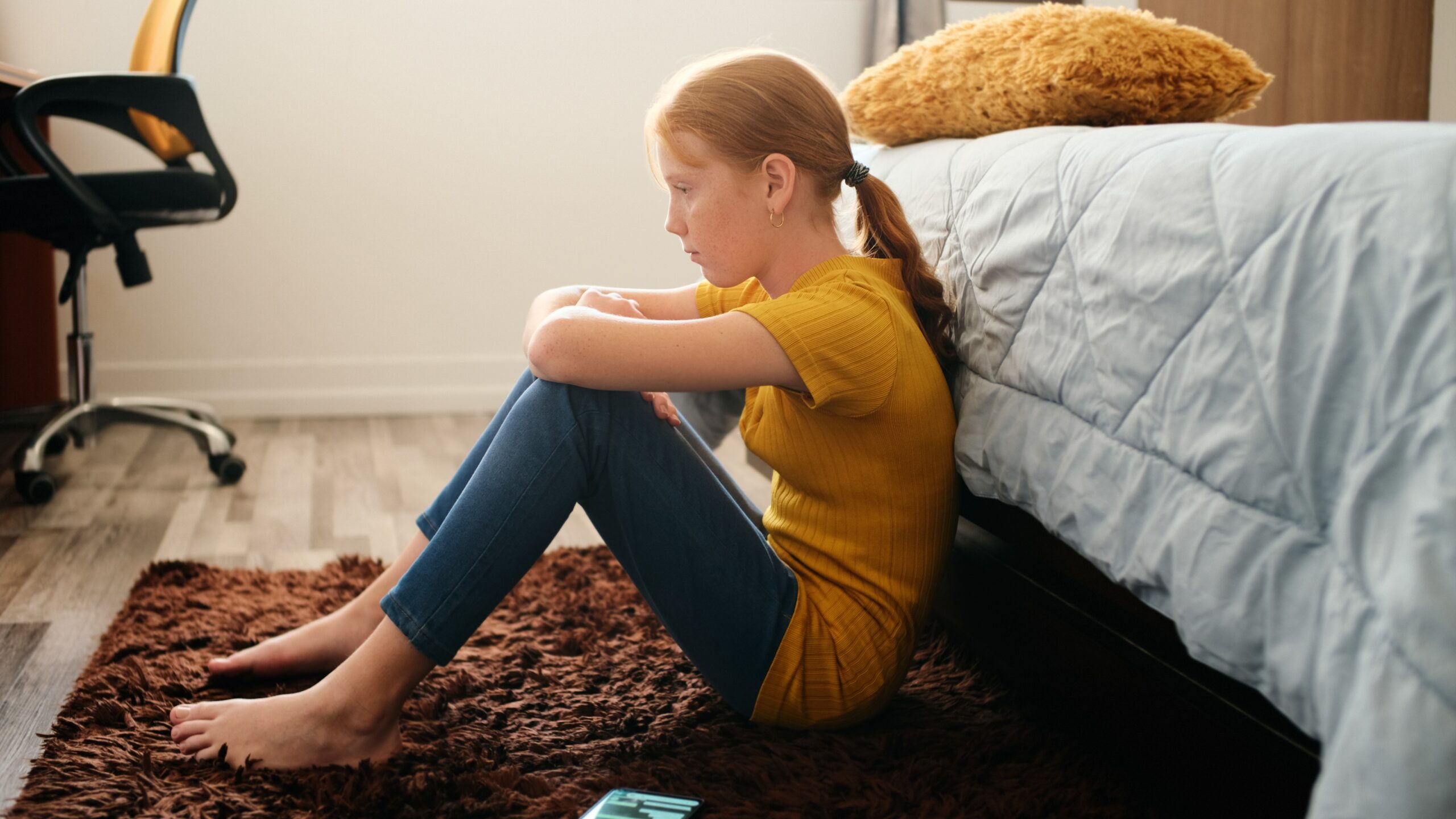
I hate to see my kids upset, and it breaks my heart at times to see them sad — even if it’s because of their own poor choices. Some of this is my own baggage still stored away in my junk drawer of childhood trauma, and some is from that primal, parental urge to keep my kids happy and safe. I’m also a fixer and struggle to watch my kids fumble their way through problems. Whether they are frustrated over a school assignment or soccer game they played in or are having trouble with friends, I fight the instinct to make it better for them.
But I know short-term sadness or obstacles do not make for unhappy or unsuccessful kids — these bumps and lessons make them more resilient. I also know my kids need and want to figure stuff out on their own. If I’m going to maintain a close relationship with my kids, I’m going to have to let them solve their own problems according to their timelines.
Kids want and need us to be available, but I have learned from experience that they often want us to butt out. When my tween is frustrated and in a mood that is best spent away from people, I will ask her if she wants to talk or tell her I’m happy to sit with her. She usually stomps off to her room, cools down, and then rejoins the presence of other humans when she is ready. My younger kids will take a hug or snuggle at times but often ask that I leave them alone while they fight through a school assignment or Lego build. The last thing any of my kids want is for me to “solve” their problems or do something for them.
Not only do they believe they can conquer whatever obstacle is in front of them, but they believe they can do it alone. While sometimes neither is true, and it’s absolutely OK to ask for help, this internal motivation to muddle through on their own is good for all of us and something I have helped them find confidence in because I’m actively balancing wanting to make it better with their need to let things be not OK.
Based on the new book What Do You Say? How To Talk With Kids To Build Motivation, Stress Tolerance, and a Happy Home by William Stixrud, a clinical neuropsychologist, and Ned Johnson, founder of test-preparation company PrepMatters, I feel better knowing I’m on the right track to be my kids’ “consultant” and not “boss.”
Stixrud says, “Parents need to validate [kids'] feelings, treat them respectfully, and not try to solve their problems for them. The practice of listening more than talking: 'I’m trying to understand you, and here’s what I’m hearing.'” He says home should be the safe place where a kid can talk about their stressful day or a tough relationship without feeling criticized or forced to move quickly through uncomfortable feelings.
My goal is to guide, listen, and offer support, but I can’t fix everything for my kids, nor do they want me to — most of the time because they would be very happy if I put away their laundry for them. Trusting my kids to manage big emotions and work themselves out of jams is showing them that I have confidence in them to do so; it doesn’t mean I’m not there for them. I have found that doing this has strengthened our connection. Micromanaging my kids won’t keep them close; it will likely drive them away, especially as they grow into teenagers.
And if we continue to nag at or rescue our kids, they will develop the idea that they can’t manage their daily tasks. Not only do I not want entitled kids, but I don’t want kids who think I don’t believe in them. I don’t want my kids to resent my input; I want them to know I believe in them enough to fail because I trust they will get back up. I want them to know I also believe that they can succeed.
Ned Johnson says, “So often we jump in because we think we can do better than they can. Then they think they can’t do it as well as Mom or Dad, so it’s not worth doing. But the way we create confidence is to let kids make their own decisions, and when they do it sub-optimally, allow them the opportunity to try again themselves.”
Also, by modeling support and empathy rather than heavy-handed “solutions,” we are teaching our kids empathy and the importance of connection and tuning into others' feelings. A child who feels understood will continue to come back to the person who helps them feel this way. As hard as it is to not right every wrong that my kids encounter, I’m hoping that I’m building a bond that allows us to work together or that nurtures a space where I just listen.

I want a lifelong relationship with my children, so I’m working hard to establish strong connections now by giving them some space.







